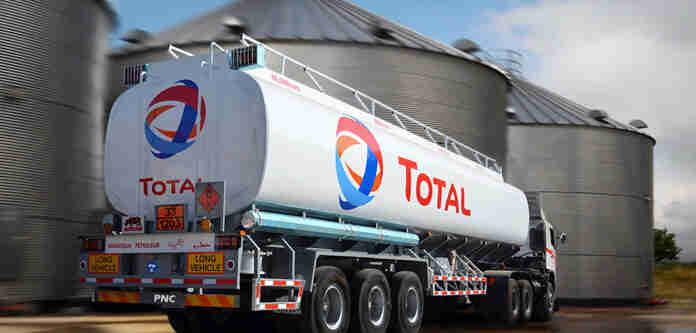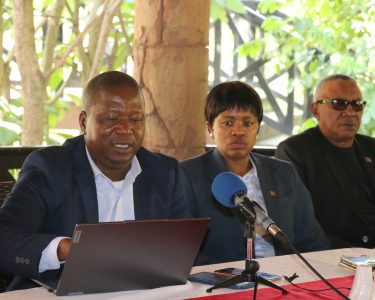By Khulile Thwala
Some of the world’s top oil-producing countries have agreed to cut the amount they export in a decision expected to raise petrol prices around the world. Members of the Organization of the Petroleum Exporting Countries (OPEC+) – a group that includes Saudi Arabia and Russia – said they would slash production by two million barrels per day. The group said it wanted to stabilise prices, which have fallen in recent months as the world economy slows. But the decision raised fears that prices for motorists will climb.

Expectations that countries were planning to pump less had already pushed oil prices higher this week. The price of a barrel of Brent crude jumped another almost 2.0 per cent to more than E1,581 (US$93) a barrel on Wednesday last week.
Chairman of the Eswatini Fuel Retailers Association Sean White said the reduction announced on Wednesday would “inevitably” lead to higher oil prices, forcing up the wholesale cost of fuel.
“The question is when, and to what extent, retailers choose to pass these increased costs on at their forecourts,” White said.
The cut announced by OPEC and allies marks the biggest reduction by the group since the height of the pandemic in 2020.
It comes despite pleas from the US and others to pump more after oil prices spiked this spring when the war in Ukraine disrupted supplies.
Higher oil prices were a major driver of the increase in consumer prices that hit countries around the world earlier this year, pushing inflation rates to levels not seen in decades and raising political tensions.
The more recent drop had provided some relief to consumers, even as prices of many other staples, including food, continue to rise.
A barrel of Brent Crude oil was trading at $84.06 in late September – down from highs of about $130 this spring.
Analysts said that the impact of the cuts is likely to be less significant than its size might suggest since some countries were already producing less than they had said they would.
Eswatini Consumer Forum Chairperson Mandla Ntshakala said the output cut was the “worst case scenario people were looking for” – one that would raise fears that prices across the economy would continue to rise.
“It changes the narrative in terms of further fuel price reduction – we might not continue to see that,” he said.
Eswatini motorists experienced some relief since August 2022. In August, petrol decreased by 60 cents per litre and diesel was slashed by 4o cents per litre.
In September, the price of petrol ULP-95 decreased by E1.50 per litre while Diesel 50ppm s and illuminating paraffin decreased by 50 cents per litre with effect from Thursday, September 1, 2022.
At the beginning of October, the ministry further reduced the price of petrol which currently costs E21 per litre.






